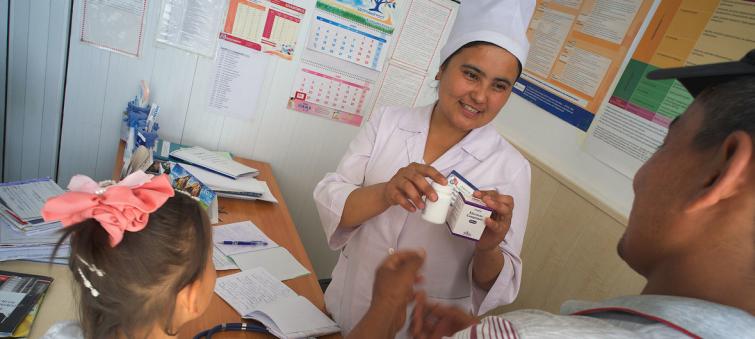
‘Greater urgency’ needed in fight against HIV/AIDS, warns UN agency, amidst $1 billion investment cuts
New York, July 17 (IBNS): The UN programme leading the global effort to end AIDS is calling for greater urgency and more funding in the fight against the disease, with data showing that the pace of progress in reducing new HIV infections is slowing, and some countries experiencing a rising number of cases.
The news comes in a new UNAIDS report, Communities at the centre, launched on Tuesday at a community event in Eshowe, South Africa, which also shows that the global resources available for the AIDS response have declined “significantly”, by nearly $1 billion.
The gap between the resources needed and those available is widening, as donors provide less funding, and domestic investments grow too slowly to compensate for inflation.
UNAIDS estimates that some $26.2 billion is needed by 2020: the 2018 amount available for the AIDS response was approximately $7.2 billion short of that figure.
‘Key populations’ at high risk
The report reveals that, from 2010 to 2018, the number of new HIV infections declined by 16 per cent, with around 1.7 million people infected in 2018. The drop is driven mostly by steady progress across most of eastern and southern Africa.
However, the picture looks very different – and far less positive – in other regions, which have seen a rising number of cases: In eastern Europe and central Asia, AIDS-related deaths have risen by five per cent and, in the Middle East and North Africa, by nine per cent, since 2010.“Key populations” — which include people who inject drugs, gay men and other men who have sex with men, transgender people, sex workers and prisoners—now account for more than half of new HIV infections globally.
In eastern Europe and central Asia and in the Middle East and North Africa, that figure rises dramatically to around 95 per cent, which highlights that key populations are still being marginalized and being left behind in the response to HIV.
“We urgently need increased political leadership to end AIDS,” said Gunilla Carlsson, acting Executive Director of UNAIDS. “This starts with investing adequately and smartly, and by looking at what’s making some countries so successful. Ending AIDS is possible if we focus on people, not diseases, and take a human rights-based approach to reaching people most affected by HIV.”
UNICEF
Support Our Journalism
We cannot do without you.. your contribution supports unbiased journalism
IBNS is not driven by any ism- not wokeism, not racism, not skewed secularism, not hyper right-wing or left liberal ideals, nor by any hardline religious beliefs or hyper nationalism. We want to serve you good old objective news, as they are. We do not judge or preach. We let people decide for themselves. We only try to present factual and well-sourced news.







